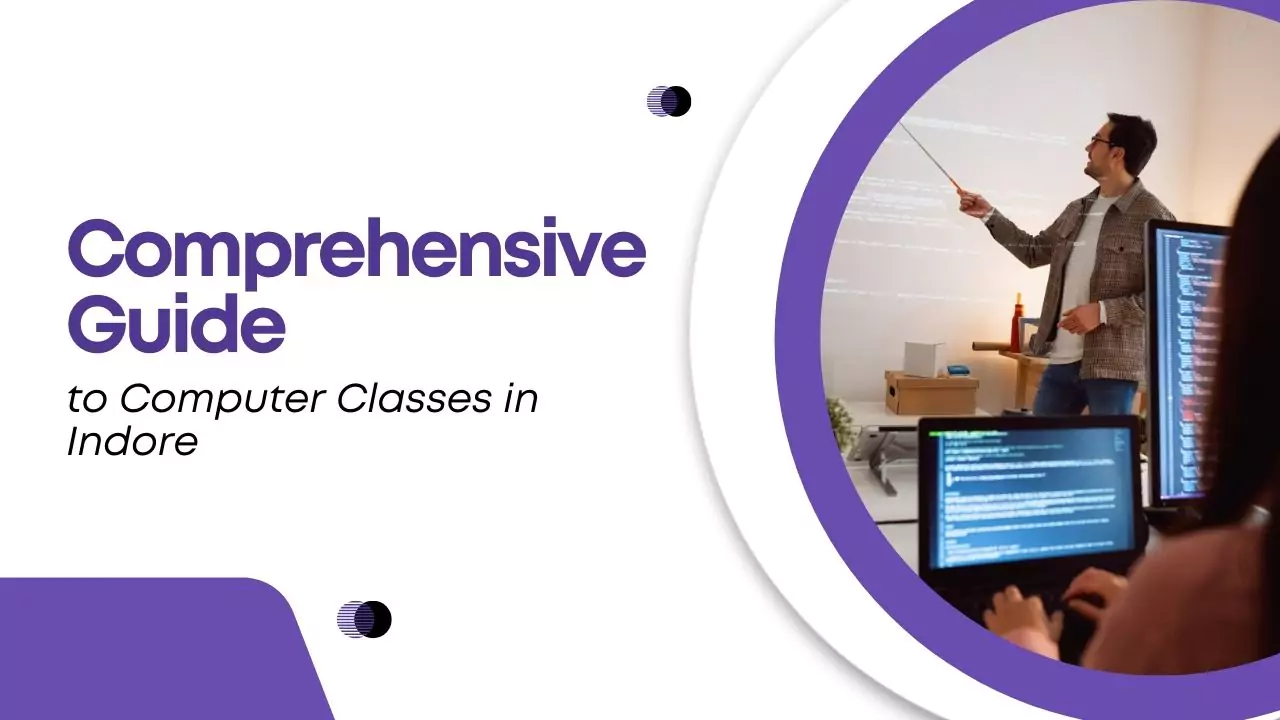As technology evolves rapidly, the demand for versatile full stack developers continues to rise. In 2024, employers are looking for professionals who can seamlessly handle both front-end and back-end development, making them invaluable in building, deploying, and maintaining web applications. In this guide, we’ll explore the key skills required to excel as a full stack developer and how mastering these skills can boost your career.
Front-End Development Skills
1. Mastering HTML/CSS
HTML and CSS are the foundational languages for any web developer. While HTML structures a webpage, CSS adds the visual style. Proficiency in HTML5 and CSS3 is crucial to create responsive, well-structured pages. Modern frameworks like Bootstrap help in developing mobile-friendly designs effortlessly.
2. JavaScript Frameworks and Libraries
JavaScript is the backbone of interactive web applications. In 2024, full stack developers are expected to be proficient in React, Angular, or Vue.js. These frameworks allow developers to create dynamic user interfaces efficiently. JavaScript’s versatility in both front-end and back-end (Node.js) makes it indispensable.
3. Responsive Web Design
With mobile users comprising over 50% of global web traffic, responsive design skills are essential. Full stack developers must know how to adapt their designs to various screen sizes using frameworks like Flexbox or CSS Grid to ensure seamless user experiences across devices.
Related Reading: A Full Guide to Front-End Development at Futuristic Coding Academy

Back-End Development Skills
1. Understanding Server-Side Languages
Server-side programming is just as important as front-end development. Full stack developers need to be proficient in languages like Python, Node.js, Java, and Ruby to handle back-end logic, databases, and server operations.
2. Database Management
Data management is at the core of any web application. Mastering databases like MySQL, PostgreSQL, or MongoDB is essential for efficiently storing and retrieving data. Full stack developers are responsible for designing schemas, writing queries, and ensuring database security.
3. API Integration
APIs (Application Programming Interfaces) enable web services to communicate with each other. Full stack developers must be adept at integrating RESTful APIs or GraphQL into their applications, as these are crucial for enabling different services to interact efficiently.

Version Control and DevOps Skills
1. Using Git for Version Control
Version control is essential for tracking code changes and collaborating with teams. Full stack developers should be proficient in using Git and platforms like GitHub to manage and merge code effectively.
2. CI/CD Practices
Continuous Integration and Continuous Deployment (CI/CD) automate the software testing and deployment process. Familiarity with tools like Jenkins, Travis CI, or CircleCI is crucial for ensuring that the application is always production-ready.
Soft Skills for Full Stack Developers
1. Problem-Solving and Analytical Thinking
Being able to break down complex problems and develop efficient solutions is a core skill for any developer. Debugging and optimizing code for performance are essential aspects of a full stack developer’s job.
2. Communication and Teamwork
Collaboration is key in the development process. Full stack developers must communicate effectively with designers, front-end specialists, and stakeholders to ensure project goals are met.
UI/UX Understanding
1. Basic UI/UX Design Principles
While full stack developers focus on functionality, having a basic understanding of UI/UX design is beneficial. Knowing how to design intuitive user interfaces with principles like usability, accessibility, and consistency in mind helps in creating better user experiences.

Web Security and Testing
1. Implementing Web Security Best Practices
With the rise of cyber threats, full stack developers must be aware of common vulnerabilities like SQL Injection and Cross-Site Scripting (XSS). Implementing secure coding practices and data encryption is critical to safeguarding applications.
2. Testing and Debugging Skills
Writing unit tests, integration tests, and using debugging tools helps ensure high-quality code. Full stack developers must be proficient in testing methodologies to catch bugs early in the development cycle.
Conclusion: Why These Skills Matter for Full Stack Developers in 2024
Mastering the combination of front-end, back-end, DevOps, and soft skills ensures that full stack developers can handle any project from start to finish. As technology continues to evolve, staying updated with the latest frameworks, libraries, and best practices will keep you competitive in the fast-paced tech industry.
Frequently Asked Questions
1. What skills do I need to become a full stack developer?
A combination of front-end (HTML, CSS, JavaScript) and back-end skills (Python, Node.js, databases), along with version control and DevOps knowledge, is essential.
2. Can I become a full stack developer without experience?
Yes, with dedication to learning key technologies like JavaScript, Python, and databases, you can become a full stack developer. Practice through real-world projects is highly recommended.
3. Which technology stack is best for full stack development?
The MERN stack (MongoDB, Express.js, React, Node.js) is popular for its versatility and scalability.






